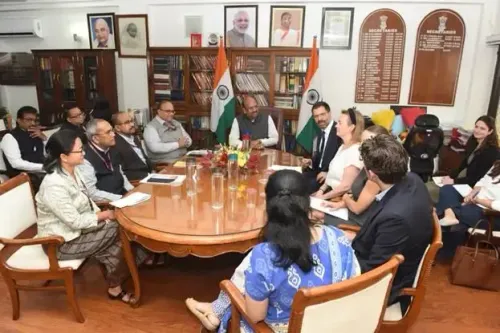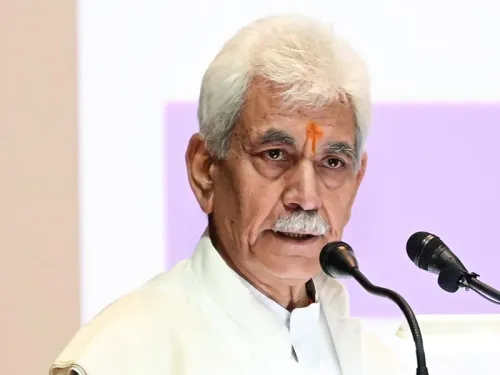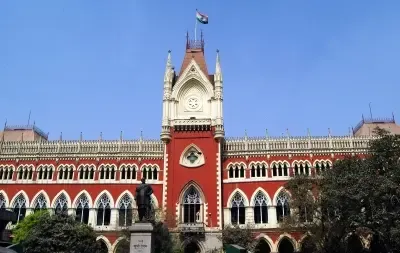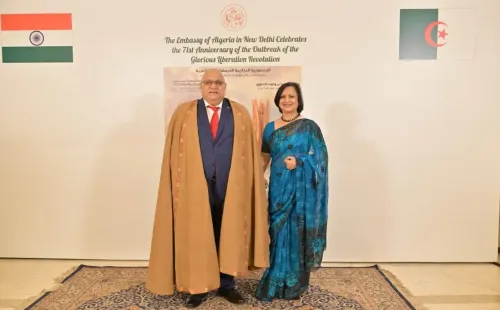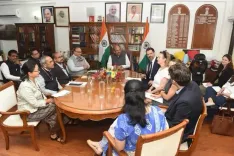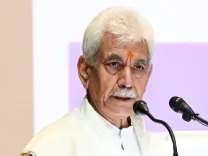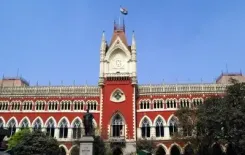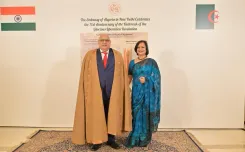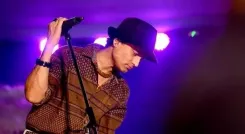Is There a Need for a Judicial Probe into the Air India Crash?
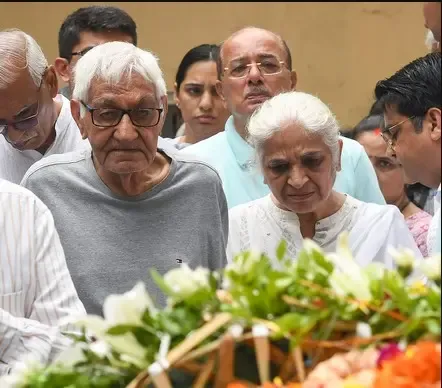
Synopsis
Key Takeaways
- Supreme Court issues notice to the Centre over crash investigation.
- Family of Captain Sumeet Sabharwal demands an independent probe.
- Concerns about investigation integrity and pilot blame.
- Unauthorized leaks of cockpit recordings criticized as defamation.
- Previous incidents involving Boeing 787 were not addressed.
New Delhi, Nov 7 (NationPress) The Supreme Court has issued a notice to the Centre regarding a plea brought forward by the family of the late Captain Sumeet Sabharwal, who was the Pilot-in-Command of the tragic Air India flight that met with disaster in Ahmedabad on June 12, resulting in the loss of over 260 lives. The family is advocating for an independent and judicially monitored investigation into the incident.
A Bench comprising Justices Surya Kant and Ujjal Bhuyan acknowledged the arguments presented by senior advocate Gopal Sankaranarayanan, representing the 91-year-old father of the deceased commander. He expressed concerns that the current investigations conducted by the Directorate General of Civil Aviation (DGCA) and the Aircraft Accident Investigation Bureau (AAIB) were not independent.
During the proceedings, Justice Kant sought to reassure the petitioner, addressing fears that his son was being unjustly held responsible for the accident. He stated, “It’s extremely unfortunate, this crash, but you should not carry this burden that your son is being blamed. Nobody can blame him for anything.”
The preliminary report from the AAIB indicated no implications of pilot error, emphasizing that the cockpit communications referenced did not assign blame. When reports from the Wall Street Journal insinuated pilot error, the Supreme Court dismissed them, asserting: “We are not bothered by foreign reports. That is nasty reporting. No one in India believes it was the pilot’s fault.”
The plea contended that the ongoing investigation was defective and fraught with serious inconsistencies. The preliminary report released on June 15 attributed the crash to pilot error, neglecting other significant systemic factors.
It claimed “the report hastily infers the incident to pilot error, without any corroborative evidence or comprehensive technical analysis, thereby undermining both the integrity of the inquiry and the memory of the deceased crew.”
The petition raised concerns regarding the unexplained activation of the Ram Air Turbine (RAT), an emergency apparatus, during take-off, prior to any crew inputs. The petition argues that “this premature activation is a direct indicator of an electrical or digital malfunction,” suggesting that the investigation overlooked potential faults in the Common Core System (CCS), which integrates avionics and flight controls.
Moreover, it questioned the unauthorized leaks of cockpit voice recordings (CVR) to the public, which the petition described as an act of defamation against the deceased pilots, leading to mental anguish for their families. “These selective leaks have fueled a malicious media campaign, resulting in the character assassination of Late Capt. Sumeet Sabharwal,” it stated.
Furthermore, the petition criticized the circulation of false narratives implying suicidal intent, which violated his fundamental right to reputation under Article 21 of the Constitution.
It called attention to the investigation's failure to consider previous incidents involving Boeing 787 aircraft, such as the JAL battery fire (2013) and ANA electrical failure (2013). The plea concluded that the investigator's neglect to engage with this historical context demonstrated a deliberate narrowing of inquiry that is inconsistent with international air crash investigation standards.
It also expressed concern that the current investigative trajectory “not only undermines aviation safety and public confidence but also violates the principles of justice and fairness.”

